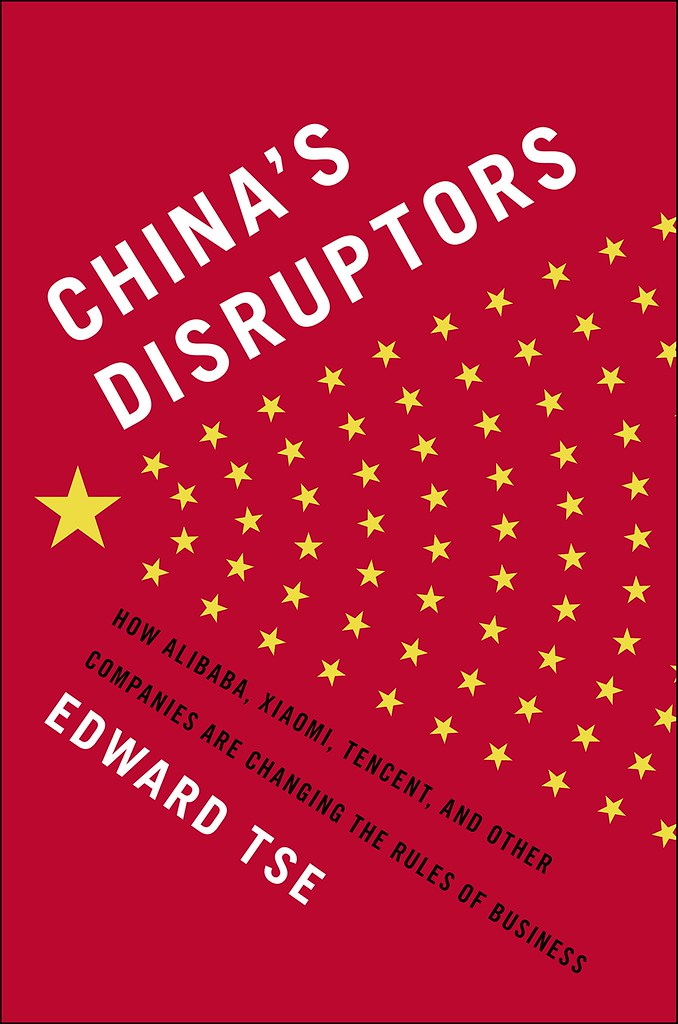Why the Aeron Is Still the Most Coveted Seat in the Office | WIRED – love my Aeron chair. The Herman Miller Aeron was an icon during the dot com era. When Enron and at lot of internet startups went bust thousands came on the secondhand market. I picked up my own Aeron on the tail end of the dot com bust from a German reseller. More design related content here
China’s social credit system shows its teeth, banning millions from taking flights, trains | South China Morning Post – Over 3.59 million Chinese enterprises were added to the official creditworthiness blacklist last year, banning them from a series of activities, including bidding on projects, accessing security markets, taking part in land auctions, issuing corporate bonds, according to the 2018 annual report released by the National Public Credit Information Centre.
Return of the audio format wars and other money-making scams • The Register – I’d also put it down to dissatisfaction with Spotify et al
Salesforce’s Marc Benioff speaks about sexual harassment and equal pay – Business Insider – this isn’t about being good but being smart – the value in the business would walk out the door otherwise
China’s most popular app is a propaganda tool teaching Xi Jinping Thought | South China Morning Post – I wonder if it has been optimised for learning the content?
AAAS: Machine learning ‘causing science crisis’ – BBC News – high propensity of bullshit results
Spintronics by ‘straintronics’ | Electroniq – possibility of new hybrid ferro-magnetic semiconductor composite devices
Amazon HQ2: Leaving New York proves all of Amazon’s critics right – Recode – interesting analysis of Amazon going beyond HQ2. Big tech can now expect a can of whoop-ass to come its way as the Amazon New York debacle showed its vulnerability. When Amazon threw in the towel on the New York City HQ2, it showed the rest of the world how to beat Silicon Valley (AMZN)
Inside China’s crackdown on young Marxists | Financial Times – Interesting article that posits China’s governmental changes are due to potential societal disruption due to very high Gini score. The Gini score is a measure of inequality. With rising inequality goes potential questions around the Communist Party’s exclusive legitimacy. The 1989 protests where workers joined students came out of inflation, growing inequality, corruption and inflation. This year marks sensitive anniversaries – 30 years since 1989 and 100 years since the founding of the republic.
China is worried that left leaning student activists will further inflame this. An academic research paper by Yuyu Chen et al at Peking University indicates social mobility fell in the post-Mao era of economic reforms to pre-civil war levels, as measured by the dependence of children’s educational attainment on their fathers’. The money quote: “China is now sufficiently capitalist to make Marxist categories perfectly suited to social analysis,” from Rebecca Karl, professor of Chinese history at New York University. – (paywall)
